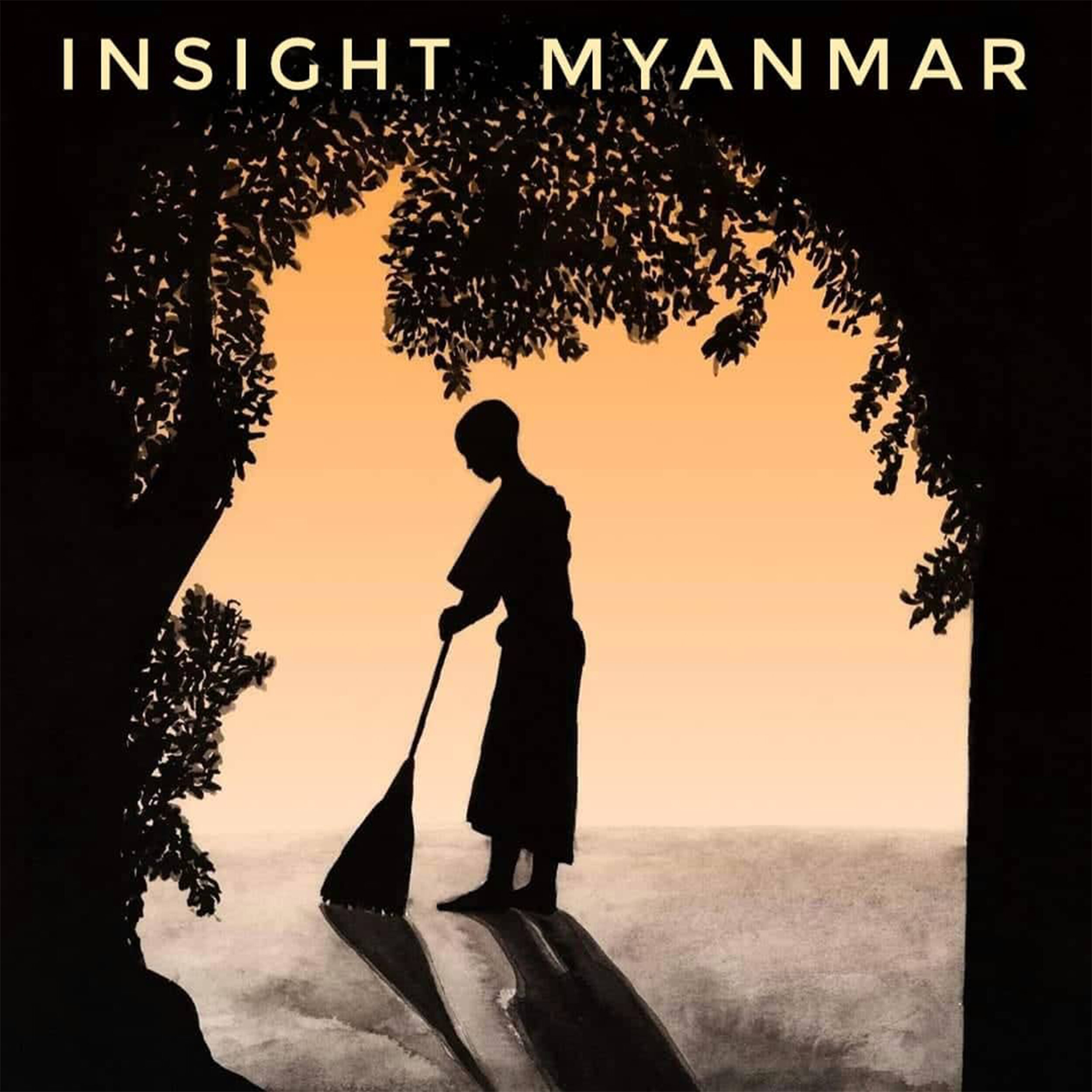A Karen Refugee in Thailand
Eh Nay Thaw's journey from a refugee camp in Thailand to life in the United States as an activist, is a story of resilience and hope. In the camp, he faced dire conditions, lacking basic necessities like sufficient food and health care. Despite the hardships, his family held onto the dream of returning to their home in Karen Staet, to live freely one day. The refugee camp, meant to be temporary, shaped his aspirations towards simplicity and self-sufficiency. His transition to the United States was unexpected and unplanned, yet it opened up new possibilities and a safe haven for his family. Eh Nay Thaw carried with him the indomitable spirit of his people, their smiles, and a deep-seated desire to maintain their cultural identity and give back to the community. His tale is a testament to the enduring nature of the human spirit in the face of upheaval and the universal longing for a place called home, and we invite you to take a listen to his podcast interview to hear his story in full.
“In short, the things that were normalized in a refugee camp at Thai-Burma border were unquestioned obedience, persistent sense of insecurity, and lack of basic resources such as water and food.”
We lived in Thailand as refugees. Therefore, we were not granted any human rights, including the right to speak freely. For us, obeying was the best way to live as ethnic Karen people in Thailand - to obey community leaders, elderly and especially to the Thai authority. Majority of young refugees were conditioned to follow whatever is demanded by our family, the community leaders, our school and the whole camp. For instance, due to security concerns in the community, kids were not allowed to stay up late to play and if we were awake, we were asked to turn off our lights by 9pm everyday. These are one of common occurrences where if the order came from higher up, we must follow it.
Nowadays, people take human rights for granted – the ability to speak for oneself and think for oneself. We did not even have the rights to disagree because we were not Thai citizens. Plus, Thai authority believed in their superiority over non-citizen folks. For that reason, corruption and brutality from Thai authority towards refugees were not uncommon. The security teams and police forces at the border did as they pleased when they were not under direct contact with their superiors. As a result, I grew up with the mentality that when I am outside the camp perimeter, I need to run away as quickly as possible whenever I suspect a vehicle of the Thai security guard and police. Once, while my friends and I were foraging vegetables, we saw a vehicle approaching. We did not question once whether it belonged to security personal or civilian, we immediately run to the bushes for cover. Because it is a hilly place, we just jumped off the cliff and our bodies were rolling like rocks. After running way, our arms and legs were full of cuts and bruises from falling on grass, thorns and rocks. Most often, growing up having scars on our body was normal.
Another thing is that living in an isolated place with rudimentary irrigation, people had to fetch water every morning. Every morning at 5 am in all seasons, I collect water for the whole family at a centralized location. No such thing as holiday break! As children, we internalized that we need to earn everything because nothing is given to us for free. Although the United Nation Food Program offered us monthly donations of basic food supplies such as rice, beans and oil, we lacked all other additional resources needed for a healthy childhood. Personally, I matured early as child and was considered a young adult in the family by the age of 12. I was already a guardian to my brothers and sisters while performing additional chores around the house. In short, the things that were normalized in a refugee camp at Thai-Burma border were unquestioned obedience, persistent sense of insecurity, and lack of basic resources such as water and food.
